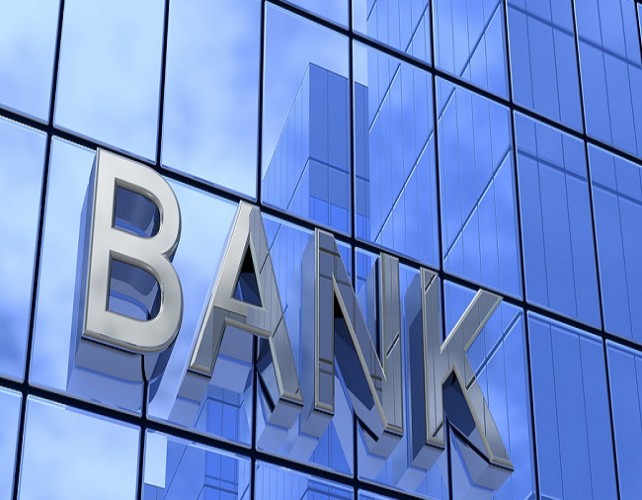- Central Bank Puts Registered BVNs at 30 Million
About 30 million Bank Verification Numbers (BVN) have so far been linked to the several bank accounts operated in the country, says the Central Bank of Nigeria (CBN).
Speaking at a post-event interview with the Deputy Director, Banking and Payment System, CBN, Musa Itopa-Jimoh, gave the figure.
Itopa-Jimoh, who was in Lagos to represent the Director, Banking and Payment System, CBN, Dipo Fatokun, at the maiden edition of the Cyber Security Conference 2017, organised by the flagship of the Nigerian media said the CBN is building a watch list of events in the sector as it relates to security breaches, stressing that the BVN would significantly help reduce the incidence of fraud and the likes in the industry.
The CBN chief, who refused to disclose the level of fraud in the banking industry as at 2016, however, affirmed that 70 per cent of bank frauds happened from within.
According to him, the apex bank is aware of the fraudsters, but there is still no law for punitive measures.
“But I think, it is just a matter of time, we shall soon resolve all those matters. Already, there will be a watch list as regards fraud activities. The CBN and the Nigeria Police Force will set up an ePayment and crime unit to further fight that battle,” he said.
In the paper presented by Itopa-Jimoh on behalf of Fatokun, the CBN said in furtherance of its efforts at combating fraud in the industry, it partnered with NIBSS to procure and install an industry anti-fraud solution.
He said the solution is an industry fraud monitoring tool that ensures behavioural monitoring, patterns and hold/block controls on transaction suspected to be fraudulent.
In the same vein, he said CBN also directed all stakeholders to establish and maintain dedicated fraud desks in their respective organizations.
He added that the CBN along with relevant stakeholders are exploring ways to establish an industry Security Operations Centre and a Risk Information Centre, to consolidate “our strength at eradicating e-payments frauds to the barest minimum and enhancing trust in our payments system.
“The bank had issued various policies and circulars on industry related fraud detection and prevention.”
Checks on the Nigeria Inter-Bank Settlement System (NIBSS) showed that as at January 2017, there were 74.5 million total bank accounts in Nigeria, with 66.6 million being active. There are 25 million current accounts, while 69.4 million are run as savings account.
The CBN through the Banker’ Committee and in collaboration with all banks in Nigeria on February 14, 2014 launched a centralized biometric identification system for the banking industry, tagged the BVN.
The BVN, which is in its third year now, gives a unique identity that can be verified across the Nigerian banking industry. Customers’ bank accounts are protected from unauthorized access and addresses issues of identity theft, thus reduce exposure to fraud.

 Forex3 weeks ago
Forex3 weeks ago


 Naira2 weeks ago
Naira2 weeks ago
 Billionaire Watch2 weeks ago
Billionaire Watch2 weeks ago




 Naira3 weeks ago
Naira3 weeks ago




 Naira2 weeks ago
Naira2 weeks ago




 Naira1 week ago
Naira1 week ago




 Naira4 weeks ago
Naira4 weeks ago




 Naira4 weeks ago
Naira4 weeks ago






















